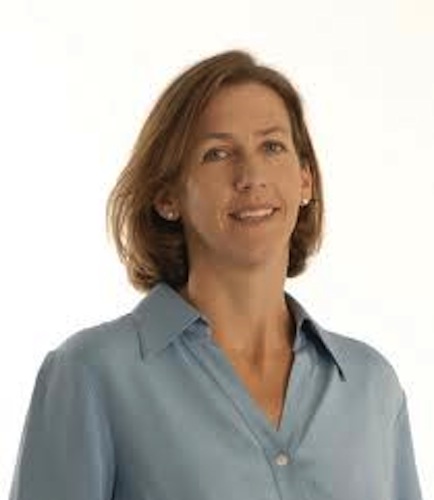Are Universal Life Church weddings valid in New York?

Rabbi? Priest? Imam? Justice of the peace? These are the usual suspects with authority under state marriage laws to preside over wedding ceremonies. Should a minister ordained online with the click of a button be added to the list? Whether ministers ordained by the Universal Life Church (“ULC”), an online ministry with more than 20 million ministers, can lawfully preside over weddings is a recurring question in lawsuits.
In a recent opinion, in Oswald v. Oswald, an appellate court in New York suggested that a ULC marriage was valid. This might not seem surprising, but it departs from three other cases in New York that have held the opposite, one of which was a fellow appellate court.
On October 29, 2005, Henry and Victoria Oswald were married. A ULC minister, in Washington County, New York, performed the ceremony. Three days before the wedding, the parties signed a prenuptial agreement that was, like most such agreements, to take effect “only upon the solemnization of [the] marriage.” The agreement, again like most, purported to fix the parties’ financial obligations should the marriage end in divorce. Five years later, Henry filed for an annulment—a declaration that the marriage never validly existed, asserting that the minister who presided over their wedding did not have the authority to do so.
Marriage law imposes certain prerequisites to a valid marriage. The parties must be eligible to marry, apply for a marriage license, and a ceremony presided over by an authorized officiant who declares the marriage solemnized. New York allows marriage ceremonies to be solemnized by civil officers and religious officials. Generally religious officials are ordained by a recognized religious body and have a congregation or following. The very idea of something like the Universal Life Church is confounding to a traditional definition of clergy. ULC ordination is free and is accomplished in seconds through a click on the website.
